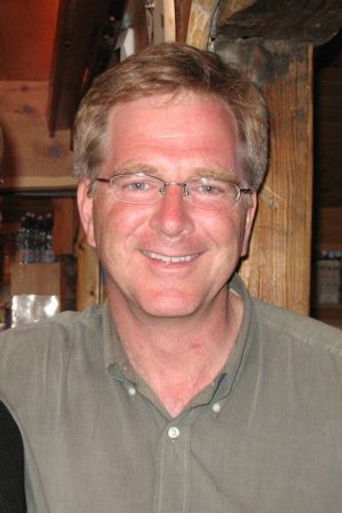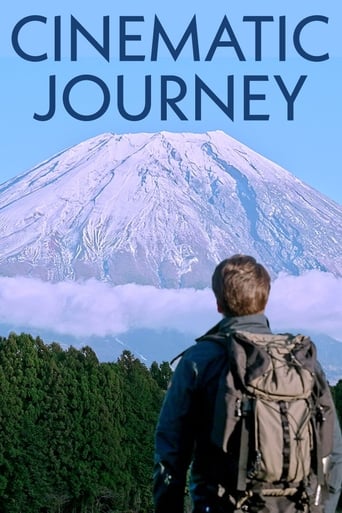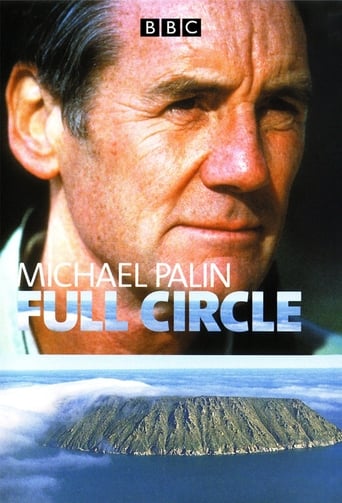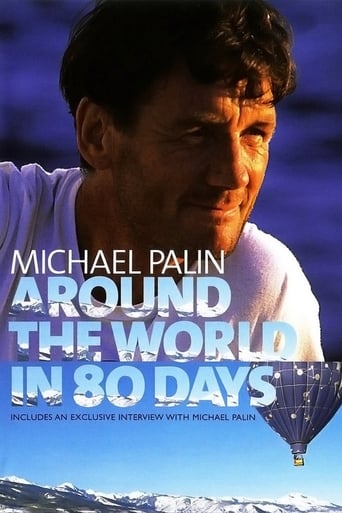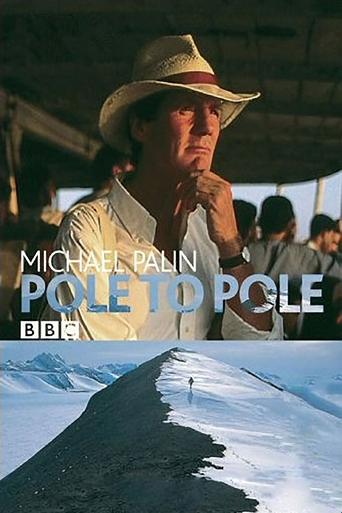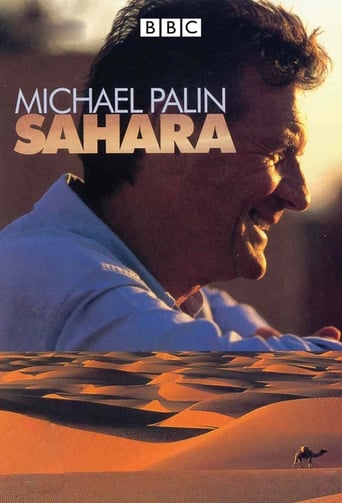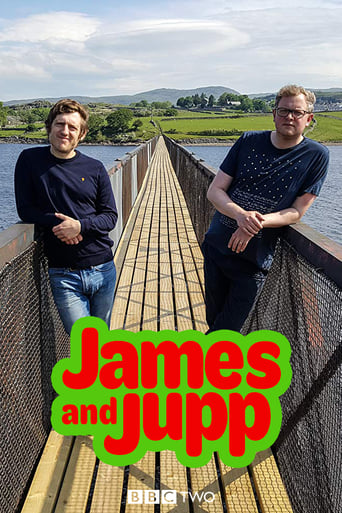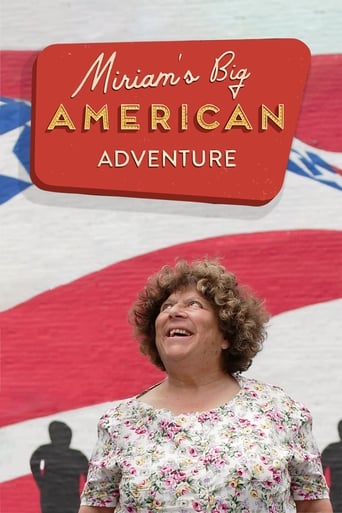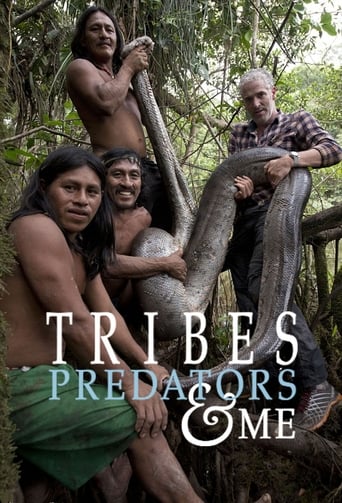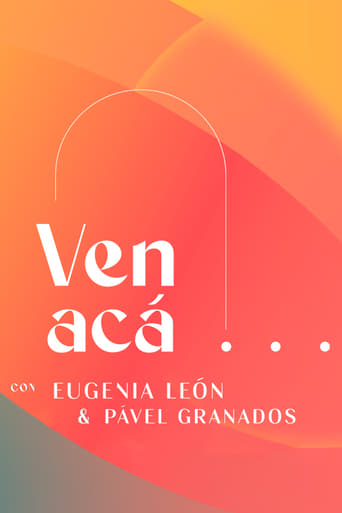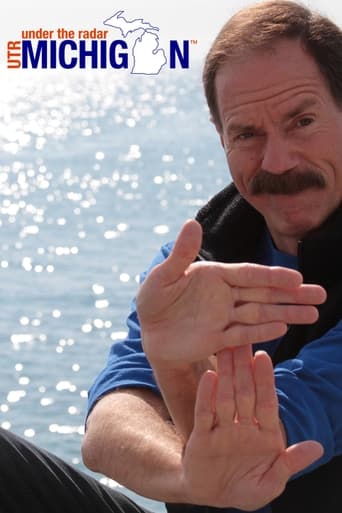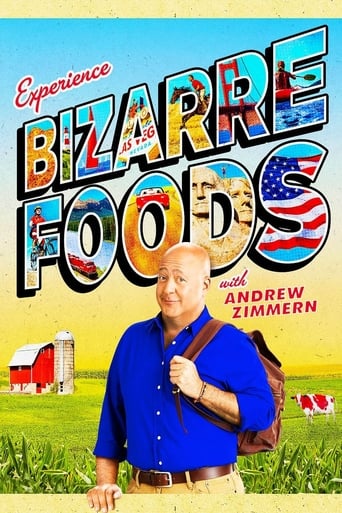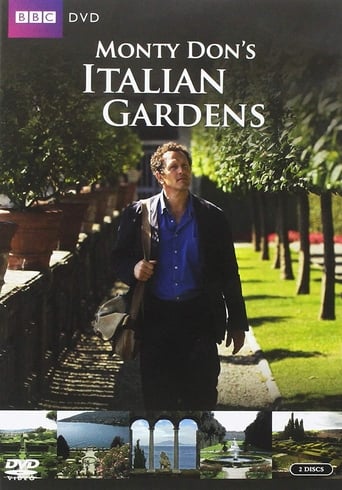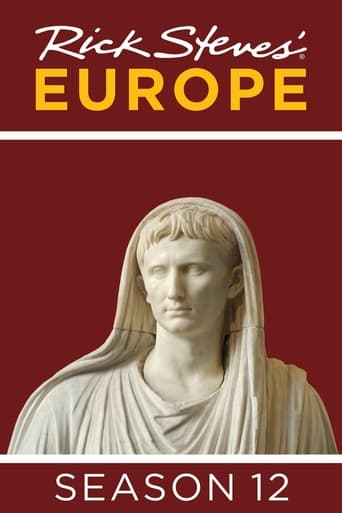
Rating:
8.6/10 by 8 users
Art of the Florentine Renaissance
After its medieval struggles, Europe rediscovered the art of the ancients, led by booming Florence. We revel in the bold spirit of the Cathedral's lofty dome and Botticelli's sweet Venus. Leonardo da Vinci gives us the iconic Last Supper and enigmatic Mona Lisa. And Michelangelo — sculptor of David, painter of the Sistine, and architect of St. Peter's — takes the Florentine Renaissance to new heights.
Writing:
Release Date:
Sun, Sep 03, 2000
Country: US
Language: En
Runtime: 25
Country: US
Language: En
Runtime: 25
Rick Steves
Self - Host
Season 12:

As the Ice Age glaciers melted, prehistoric Europe bloomed with surprisingly sophisticated art. From Ireland to France, Scotland to the Greek Isles, we traverse that mystical world of mighty megaliths, torchlit cave paintings, magical goddesses, and wrinkled bog people. We stand in awe as a massive tomb is radiated by a dramatic beam of sunlight and listen to ritual horns that still play today.
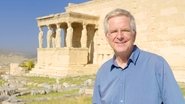
Ancient Greece laid the foundations of Western art. Traveling from its sun-splashed isles to the rugged mainland to bustling Athens, we trace the rise of Greek culture. We marvel at the timeless Acropolis, perfect Parthenon, and Golden Age theaters. And we watch as art evolves from stiff statues to perfectly balanced Venuses to the exuberant Winged Victory, capturing the spirit of the age.
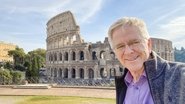
We follow Rome's rise through its awe-inspiring art, starting at Rome's humble birthplace in the Forum. Soon Rome is graced with supersized monuments like the majestic domed Pantheon and the Colosseum, where gladiators battled to the death. We also get a glimpse of Rome's more intimate side: the colorful mosaics, luxurious frescoes, and realistic portraits of the solid citizens who made Rome great.

With its vast empire, ancient Rome gave Europe its first common culture. From England to Turkey, we explore the greatest Roman cities, marveling at their over-the-top art, soaring aqueducts, and crowd-pleasing theaters. As Rome fell, saints replaced Caesars and Christianity filled the vacuum with art-filled churches — preserving the grandeur of imperial Rome and inspiring the Europe to come.

After Rome's fall, Europe's Christians kept culture alive with art rooted in their deep faith. We visit sturdy Romanesque churches filled with art that reinforced the ruling order. Meanwhile, Europe was invigorated from the fringes: Byzantines to the East, with their dazzling mosaics; Spanish Muslims with their lush palaces; and fierce Vikings of the North — all part of Europe's rich cultural stew.

As Europe passed AD 1000, its growing prosperity was reflected in soaring Gothic cathedrals graced with colorful altarpieces, lacy stonework, and radiant stained glass. We visit luxurious castles to see exquisite tapestries showing a new secular love of worldly pleasures and, end in Italy, where pioneering artists like Giotto were mastering realism and pointing the way to the future of art.
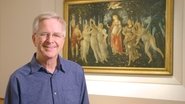
After its medieval struggles, Europe rediscovered the art of the ancients, led by booming Florence. We revel in the bold spirit of the Cathedral's lofty dome and Botticelli's sweet Venus. Leonardo da Vinci gives us the iconic Last Supper and enigmatic Mona Lisa. And Michelangelo — sculptor of David, painter of the Sistine, and architect of St. Peter's — takes the Florentine Renaissance to new heights.
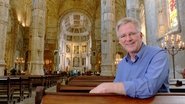
From Italy, the Renaissance spread across Europe, revolutionizing art. We travel to Spain and Portugal where overseas plunder is transformed into lacy architecture and ethereal paintings by El Greco. In bustling Germany and Belgium, new technologies enable Durer's mass-produced engravings, Van Eyck's meticulous oil paintings, Brueghel's peasants at play, and the futuristic visions of Bosch.
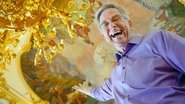
Forged in Europe's religious struggles, Baroque art inspired the faithful and dazzled the masses. We start in Rome, with its awe-inspiring St. Peter's, fleshy Bernini statues and bubbly fountains. In Belgium, we see the dramatic canvases of Rubens. And finally: the ultimate Baroque palace, Versailles, with its chandeliered Hall of Mirrors and vast gardens where nobles played as Revolution brewed.

Around 1800, Europe was in transition, reflected in two art styles. First, we visit Europe's great cities with their stately Neoclassical buildings of columns and domes. Meanwhile, the Revolution has unleashed a call for freedom, both political and personal. We see dramatic Romantic canvases depicting extreme emotions and awesome Nature, and tour dreamy castles — virtual theme parks of Romanticism.

The late-1800s saw old notions of beauty challenged by revolutionary artists. We enjoy pioneering Impressionist works — Monet's lilies, Renoir's ladies, Degas' snapshots and Rodin's statues — that capture the joie de vivre of the age. We trace the tempestuous travels of Van Gogh through his incomparable art. And we finish in Spain, with wild and crazy buildings that herald the dawn of a new century.

Europe's tumultuous 20th century spawned a kaleidoscope of cutting-edge art. From Spain to Hungary, Glasgow to Oslo, we seek out all that's wild, colorful, surreal, and just plain fun. The fascinating work of Pablo Picasso leads us through the century's major art styles. And in today's gleaming cities, we see how a persistent artistic spirit connects us with both our past and an exciting future.

